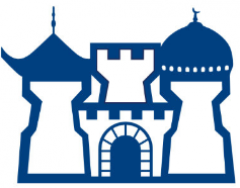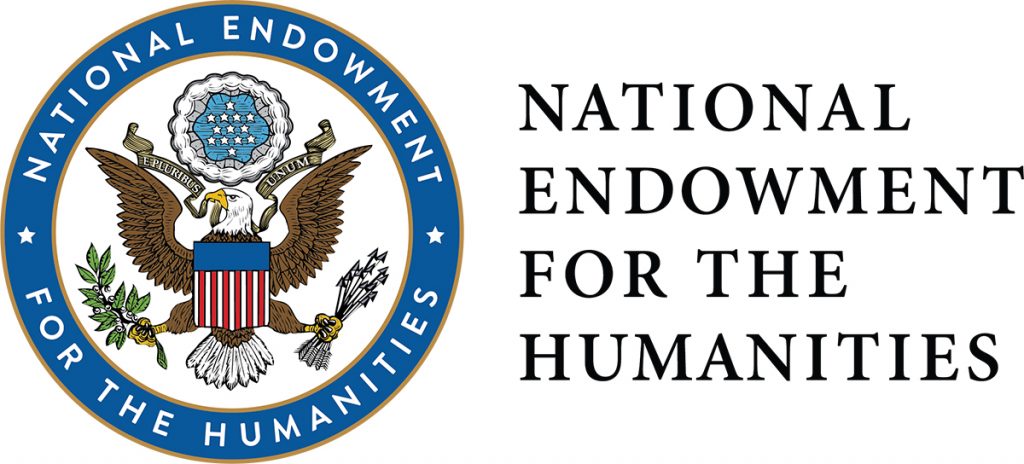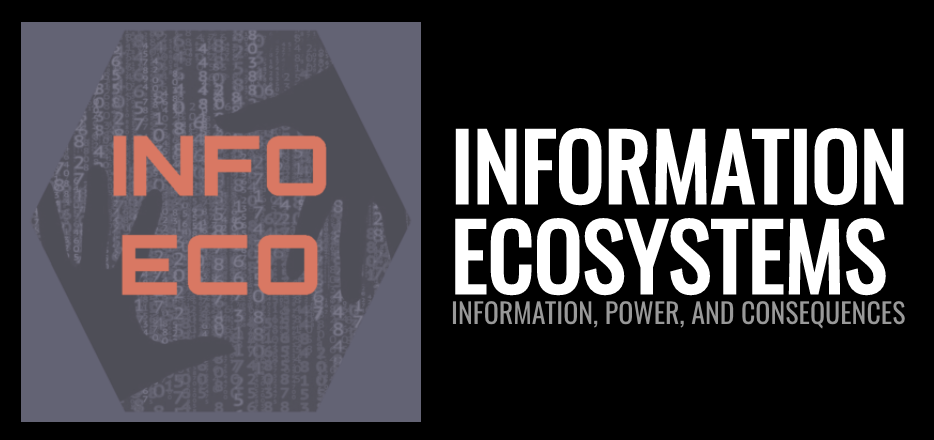Dear WHG community,
With more than a little regret and some relief, I have withdrawn from my roles as Technical Director and Lead Developer on the World Historical Gazetteer (WHG) project team after 7 ½ years, and will depart the team entirely at the end of 2024. As of now, the technical lead on WHG is the estimable Stephen Gadd (@docuracy). The rest of the team is unchanged. The project is in good hands, led as always by Dr. Ruth Mostern, and the prospects for continued development as an increasingly important resource in DH software infrastructure are great.
It was my good fortune in 2016 to be asked by Ruth and Dr. Patrick Manning to help write an NEH grant to initiate the WHG project, and to serve as its Technical Director should the grant be awarded. And it was my further good fortune to work with great teammates in bringing the platform along through versions 1 and 2 to version 3, released in June 2024. The initial “proof of concept” led to a second significant NEH grant and support from abroad and from several internal groups at Pitt.
When I left Stanford Libraries in 2016 it was intended to be a ‘semi-retirement’! Well, that was obviously deferred, but now is the time to turn away from software development and focus more on my (always applied) research agenda, “computing place.”
I will be an active data contributor going forward, and may even make an occasional small pull request, but only as one of a hopefully growing number of contributing developers; it is an open-source project! I’m not vanishing, just stepping aside.
With all best wishes to the team, and to all the people I’ve met along this journey…
Karl


